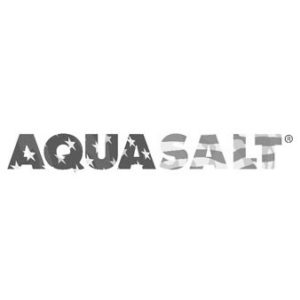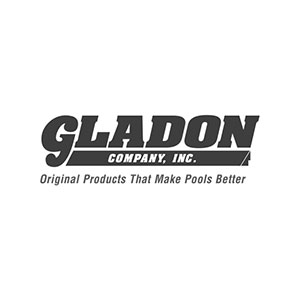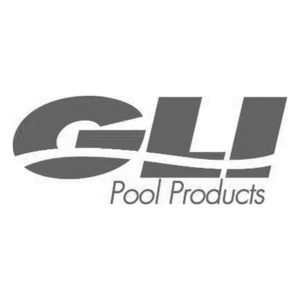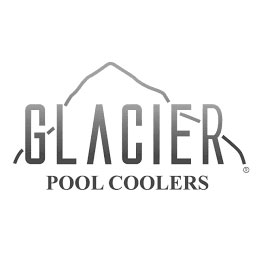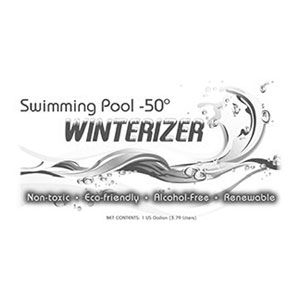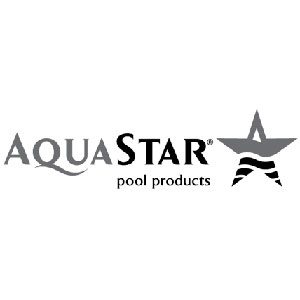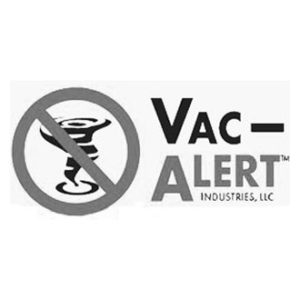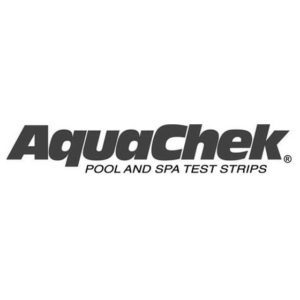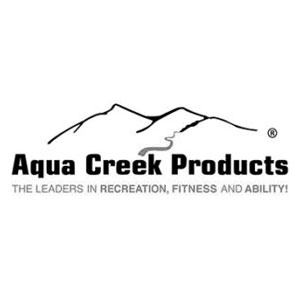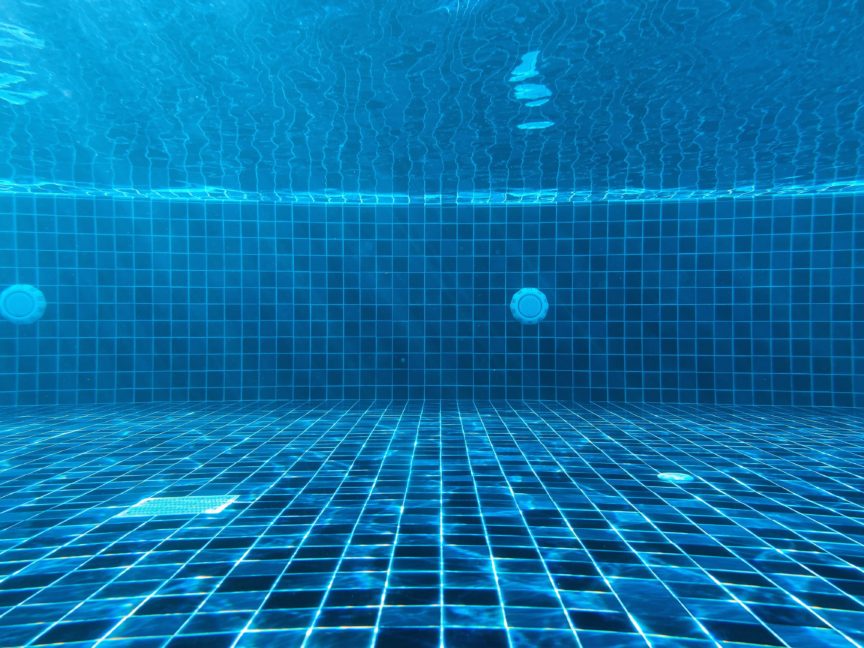
Faulty Pool Pumps Can Cause Damage and Unnecessary Expenses
A pool pump is critical for circulation and filtration in your pool, filtering out any debris or impurities that make their way into your pool. Pool pumps are designed to be very durable, to survive all kinds of weather and last for several years, even decades. A pool pump is one of the most important parts of your swimming pool, but without proper care, it can result in extensive damage, requiring a lot of time and money to repair.
Why do pool pumps break down?
A pool pump is high-use equipment that operates outdoors and is consistently exposed to the elements. As you might expect, wearing parts can lead to breakdowns and malfunctions. In most cases, it’s not a matter of if your pool pump will go out, but when. How you respond can make all the difference in whether you’re left with a usable pool or not.
What are common problems and how do you fix them?
Having a swimming pool is great fun, but it can also be a big responsibility. If you’re having trouble with one of your pumps or other equipment, here are some quick tips on how to get back up and running quickly.
Your pool pump won’t start. The most likely cause of a problem starting your pump is low voltage or current. Pool pumps run best when plugged into outlets protected by a ground fault circuit interrupter (GFCI).
Your GFCI doesn’t trip properly. The GFCI should trip immediately if something causes current to leak into the water—for example, wet hands touching an outlet while using a hair dryer—which could lead to electrocution and serious damage. Make sure your GFCI has been tested within the past year. Don’t test it yourself since improper use could cause electrocution hazards and property damage. Call an electrician instead, preferably one who works on pools.
Your drain and/or filter is clogged. Keep an eye on leaves and other debris floating in and around your swimming area during peak seasons. These things can clog up drains and filters quickly, making them much harder (and expensive) to fix later on down the road.
When is it time to replace a pool pump?
Pool pumps usually last anywhere from three to eight years, depending on how much use they get and how well they’re taken care of. If it looks like something is amiss, leaking or if it starts running louder (banging or grinding noise), or stopping completely for long periods, consider buying a new one and installing it in place of your old model.
You might also want to think about replacing older pumps that aren’t working properly with new ones just so you know that everything is up-to-date. If your pool has two pumps, and one of them needs replacing, consider replacing both at once. While installing two new pumps can be more expensive than just fixing one of them, having two new pumps will extend their life by several years, which offsets that initial investment.
Pool Pump Maintenance Tips
Invest in a pool pump service kits
If you notice that your spa or pool isn’t heating up, it might be time to replace some pool pump parts. There are two main types of materials used in pumps: plastic and metal. While plastic is more likely to crack, metal can corrode after long periods of use. If you have a lot of metal parts in your pump and an algae bloom occurs, then it’s probably time for an overhaul.
When you begin shopping for replacement parts, make sure to look into service kits as well. These pre-packaged assortments give you everything you need to replace worn or broken components at once so they don’t lead to further damage.
Consider upgrading your pool cover pumps
The best pool cover pump protects a pool and minimizes time spent cleaning it. Pool cover pumps experience a lot of wear and tear from weather, but they are the first line of defense in protecting the all-important pool pump. Choosing the best pool cover pump just got easier thanks to the upgrades offered this year—just in time for pool winterization season.
An automatic pool cover pump is a great investment considering the alternative, which is keeping an eye on the cover for accumulating water and manually pumping the water off. The automatic version sits in the center of the pool cover and switches on when accumulated water reaches a certain level, pumping water off the cover. A better pool cover pump means peace of mind now and less work later.
Have Questions? Our experts are here to assist
If you are looking for a simple pump with a lot to offer, you can’t go wrong with Superior Pump. Take advantage of our same-day shipping, connections with distributors and competitive pricing, so you can deliver on your promises and excellent service.
Remember as you’re fielding questions about pool cover pumps or pool winterization, ask our staff if you need answers, recommendations or support. We’re here to help you ensure your customers are satisfied.






